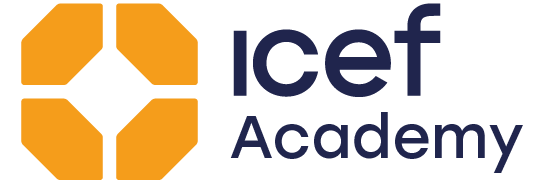E1. Overview

As an officially bilingual country, Canada is committed to excellence in English and French, and this is reflected in its education programs at all levels. Every year, more than 150,000 international students attend accredited language programs in Canada, knowing that the combination of in-class education and the opportunity to practise conversation through everyday living will ensure success.
Did you know?
- An estimated 1 billion people are currently learning English worldwide.
Over 210 accredited language programs are offered nationwide. Language study programs may include:
- General English/French
- Academic English/French
- Business English/French
- Technical English/French (medical, legal, etc.)
- Internships or work experience
- Summer or winter activity or camp programs
- Teacher training programs (CELTA, TESL, TESOL)
- Test preparation (Cambridge test, CANtest, CAEL, IELTS, TOEFL, TOEIC, DELF)
Benefits of studying English and/or French in Canada include:
- Customized programs that provide pathways to higher education;
- Flexible classes with a variety of start dates and levels;
- Diverse classrooms made up of students from around the world;
- Instructors specifically qualified to teach international students;
- Integrated cultural, social, and sporting activities that enrich the learning experience;
- Introduction to Canadian culture and life;
- Foundation for further studies, work, and travel in Canada;
- Option to live with a homestay family or in residence;
- Additional support and guidance provided by schools throughout the learning process.
Languages Canada
Languages Canada is the national association for Canada’s English and French language education sector, representing only those schools that meet its rigorous standards of quality and ethical practice. It operates with an independent Accreditation Scheme that ensures member schools follow its standards and processes. Languages Canada accreditation is recognized by the Canadian government through the ÉduCanada brand, as well as by most provinces.
Languages Canada members are eligible to be Designated Learning Institutions (DLIs) in most provinces, and most association members can therefore accept students with Study Permits.
Languages Canada also ensures that international students are protected in their studies:
- The Education Completion Assurance Program (eCAP™) ensures that every student registered at a Languages Canada member program will be able to complete their studies. In the unlikely event of a school closure, students are transferred to another LC member program at no additional cost.
- The Student Education Assurance Fund (SEAF) is used to reimburse students who cannot complete their studies through eCAP™.
- Agents also benefit from the strong Languages Canada presence. Not only are the students they send protected, but Languages Canada also encourages ethical business practices between institutions and agencies.
Agents can do a search for Languages Canada members programs and schools by clicking here.
Types of Language Programs
There are two types of institutions delivering language programs:
- Public post-secondary institutions* (colleges and universities): English and/or French language programs offer an array of short- and longer-term program options, but typically prepare students for entry into undergraduate and graduate studies in Canada.
- Private: Private language schools offer a wide range of high-quality English and French programs for international students, and most have flexible program dates with weekly intakes. In many cases, private language schools have pathway agreements in place with colleges and universities that allow direct entry into academic/trade programs upon successful completion of the requisite language level.
Both types of institutions undergo the same rigorous accreditation process in order to become members of Languages Canada. Agents and students can therefore be assured of high quality and commitment to student protection when choosing a Languages Canada member program.
